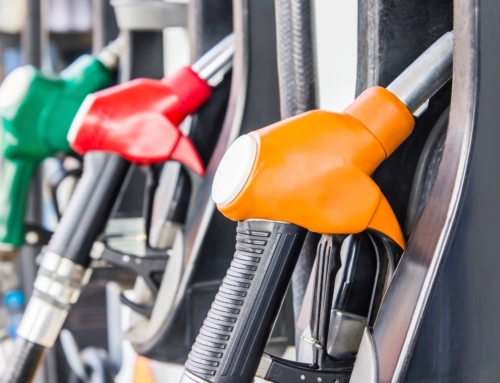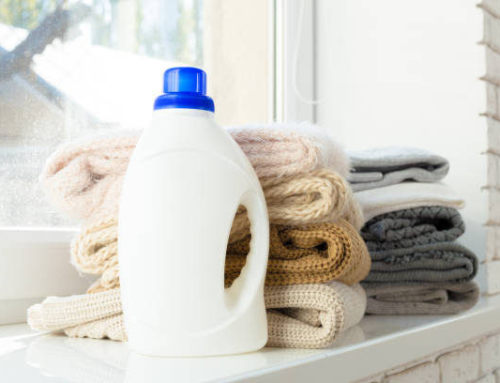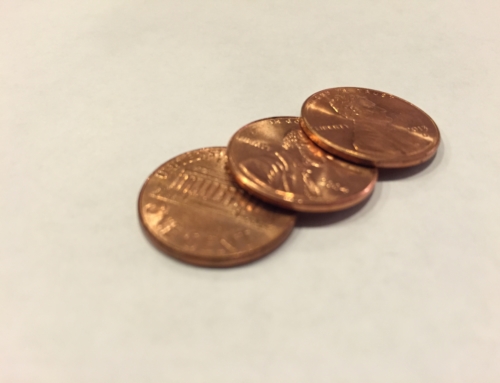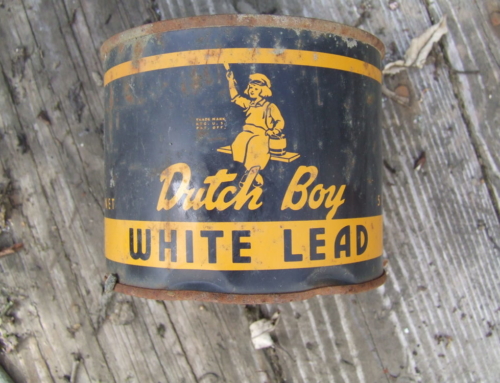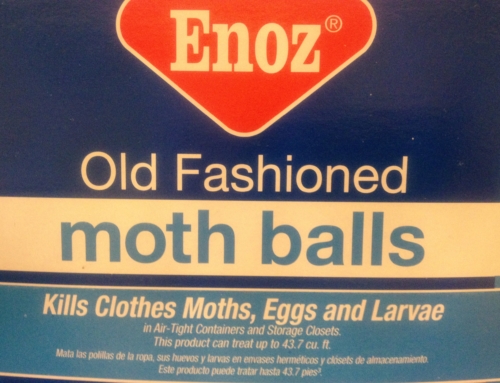If you have any reason to suspect your pet has ingested something toxic, please contact your veterinarian or one of the other resources listed:
• ASPCA Animal Poison Control Center 24-hour hotline at (888) 426-4435
• Pet Poison Helpline® 24-hour animal poison control service at (855) 764-7661
Ethylene Glycol
Ethylene glycol is commonly found in automobile anti-freeze and refrigerant liquid. While methanol and propylene glycol may also be found in anti-freeze solutions, ethylene glycol is considered the most toxic if ingested by animals.
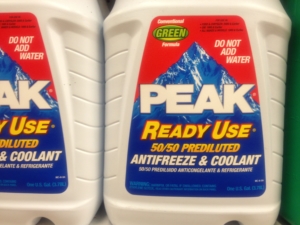
There is speculation that the sweet taste of ethylene glycol entices animals to ingest this product. It is, therefore, extremely important that all product spills be cleaned up immediately.
Signs and symptoms of toxicity: Vomiting often occurs within the first few hours post-ingestion. Other clinical signs of toxicity include depression, difficulty walking, weakness, rapid breathing, increased urination and increased thirst. Acute renal failure may occur 18-36 hours post-ingestion.
Toxic consumption:
In dogs, 4.4 – 6.6 mL/kg (2 – 3 mL/lb) of ethylene glycol may be toxic, even fatal. In cats the toxic threshold is 1.4 mL/kg (0.6 mL/lb).
| X-Small Yorkie, Chihuahua |
Small Pug, Boston Terrier, Poodle |
Medium Beagle, Scottish Terrier |
Large Boxer, Cocker Spaniel |
X-Large Retriever, German Shepherd |
XX-Large Great Dane, St. Bernard |
| 1 – 10 lbs. (0.45 – 4.6 kg) |
11 – 25 lbs. (5 – 11.4 kg) |
26 – 40 lbs. (11.8 – 18.2 kg) |
41 – 70 lbs. (18.6 – 31.8 kg) |
71 – 90 lbs. (32.3 – 40.9 kg) |
91 – 110 lbs. (41.4 – 50 kg) |
 |
 |
 |
 |
 |
 |
| > 1.9 mL | > 21 mL | > 51 mL | > 81 mL | > 142 mL | > 182 mL |
| Most Cats | Large Cats |
| 1 – 10 lbs. (0.45 – 4.6 kg) |
11 – 25 lbs. (5 – 11.4 kg) |
 |
 |
| > 0.6 mL | > 6.9 mL |
References:
Osweiler, G, et al. (2011). Blackwell’s five-minute veterinary consult clinical companion. Small Animal Toxicology. [Kindle version]. Retrieved from Amazon.com
Pet Poison Control is provided free as a public service by the American College of Veterinary Pharmacists. Today we’re asking you to support us with a small donation. If you would like to dedicate your gift in honor or memory of a pet or individual, you will have that option before checkout. Your gift of any amount helps us maintain this resource and make it available to the pharmacy and veterinary communities. Thank you!

